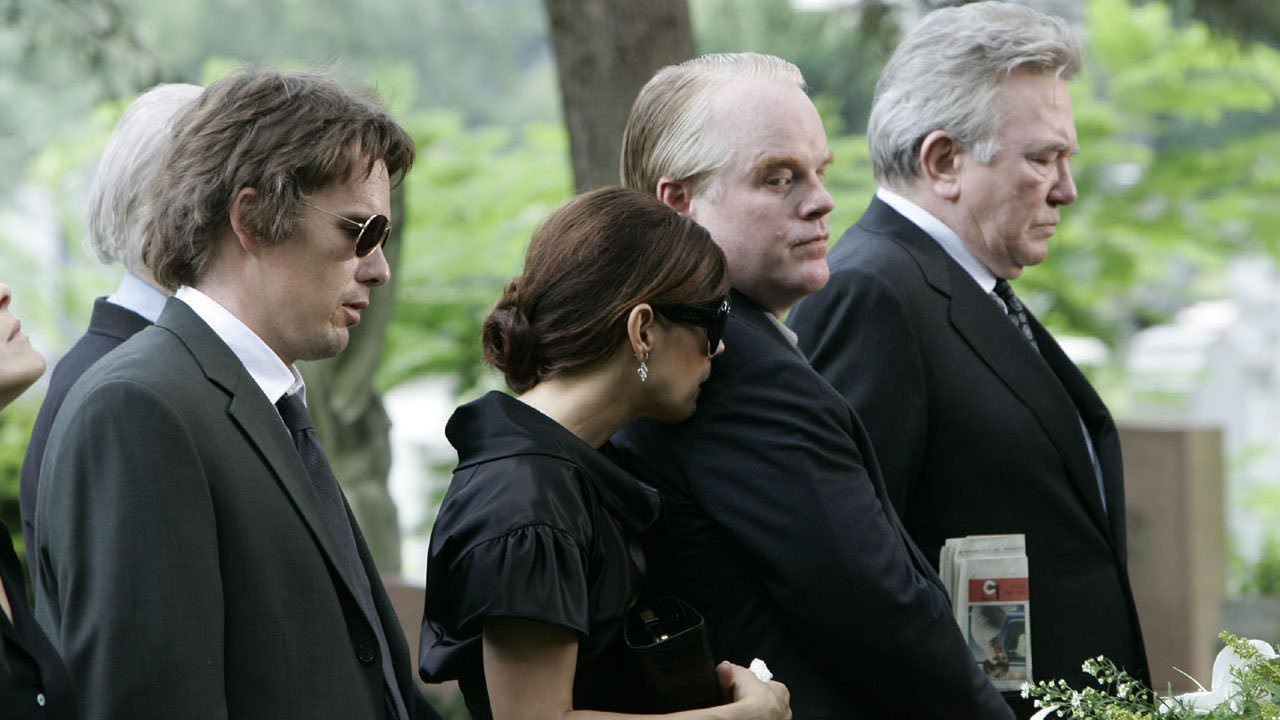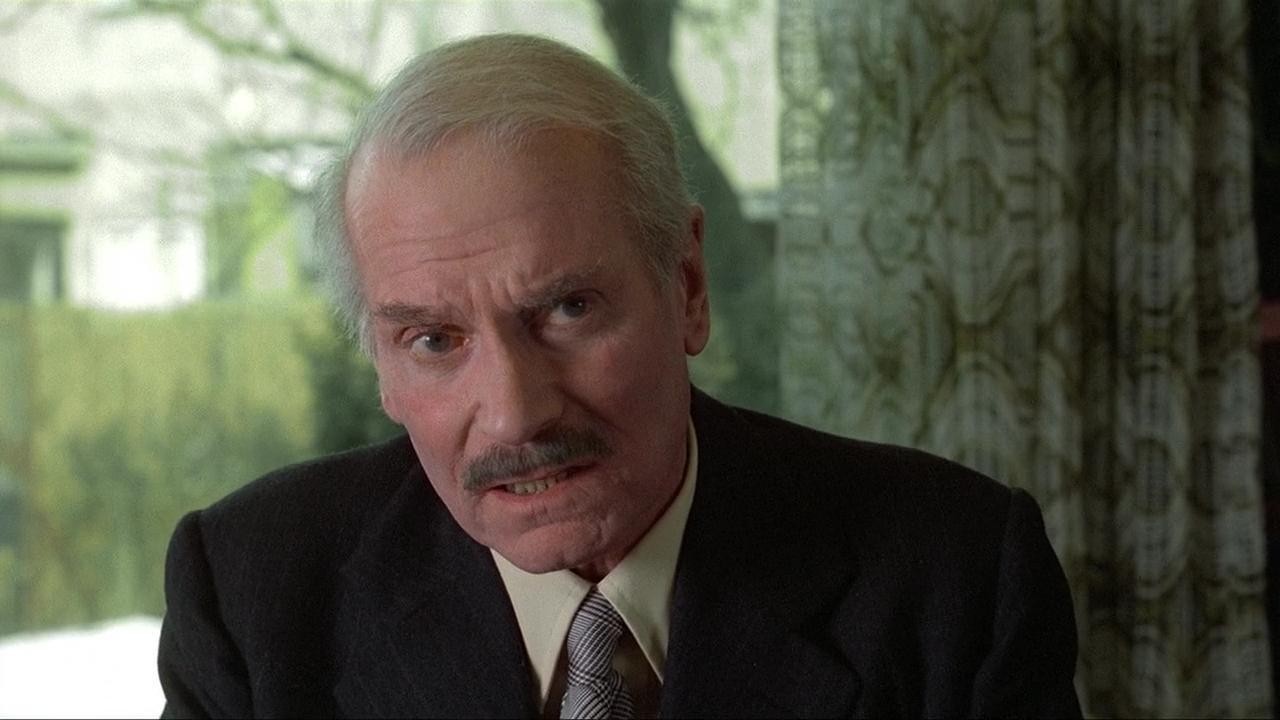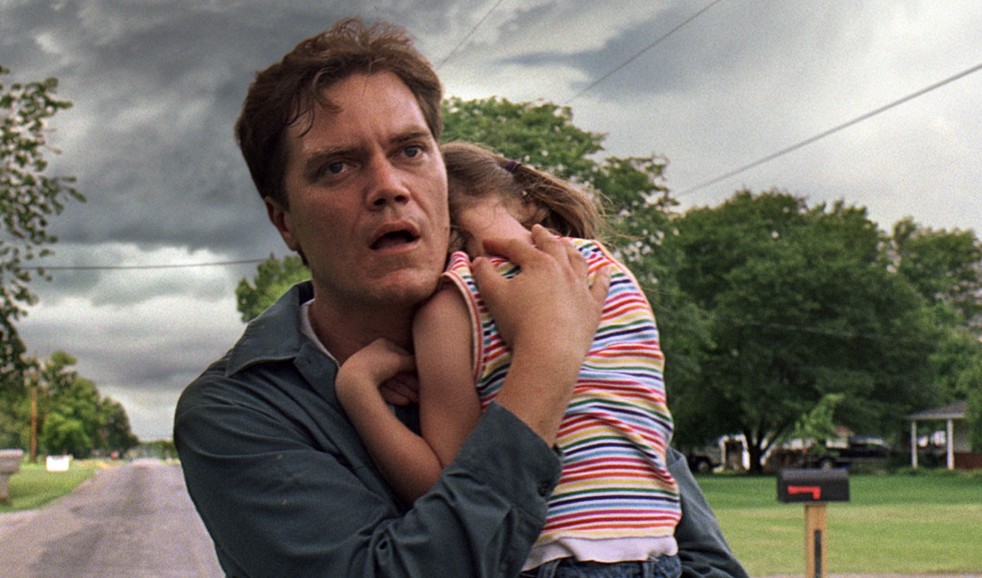
The world and history of film is vast. So many genres, films upon films created into each category, and now we have streaming services to add the multitude of choices available to us. It’s impossible to watch every film ever made, however acclaimed or lowkey it may be. But the emergence and dominance of streaming services has made that not just infinitely impossible but allowed certain films to go below the radar to almost obscurity. Here, we take a look at ten thrillers that fit just that category.
1. Copycat (1995)

1995. It was a difficult year upon the release of Copycat. Another film, with a similar premise was released. Universally acclaimed, profitable and starring, at the time rising actor, Brad Pitt and already established Morgan Freeman. Can you guess?
Yes, it was Seven. That film, which served as competition, was hardly an ideal situation for Copycat. Which is a shame as there is nothing wrong at all with the film.
Sigourney Weaver stars as Helen Hudson, a respectable field expert studying serial killers who comes into contact with a previous subject, recently released from prison. After killing a police officer and brutally attacking Helen, she is reduced to a state of agoraphobia, holding up in her security laden apartment. It’s not long before her expertise is required in apprehending a serial killer who is imitating murders of notorious killers. Weaver is solid. Remineses of Ripley can be found entwined with the frailties and understandable vulnerability she suffers.
The director, Jon Ameil cranks up the tension, allowing a tense narrative through Weaver’s affliction. The terror of capturing a serial killer who wastes no time on setting their sights on the plagued field expert. With support from Holly Hunter as the police officer assisting Weaver and Harry Connick Jr as someone from her past. Copycat, whilst released in the same year a Seven, certainly isn’t. It’s an inventive take on the psychological thriller, that deserves to be uttered in the same breath as Seven.
2. Taking Lives (2004)

Another psychological thriller to continue with the list, from the year 2004. Taking Lives, adapted from the novel of the same name by Michael Pye, details a serial killer, who not only murders his victims but cleverly steals their identities. Angelina Jolie and Oliver Martinez, two cops from opposing counties, America and Canada, respectfully, naturally have trouble with the elusive killer in the heart of Quebec.
The premise is fine. The serial killers mo. is ingenious, forcing the viewer to second guess. But here lies the problem. So many identities, twists, misleads, can feel rather congested. It wouldn’t be a surprise for any viewer to pause (if possible) the film to keep up. Adding his presence in a supporting role, Ethan Hawke portrays a seemingly likeable art dealer. The ending, whilst nowhere near to be expected, is rather off kilter. An almost laughable ruse for Jolie’s policeman in her attempts to apprehend the killer.
Taking Lives operates as it should be, standardised thriller. Kudos, however, for attempting to elevate it beyond run of the mill but it falls short of anything synonymous with spectacular.
3. Before The Devil Knows Your Dead (2007)

Sydney Lumet, the director of 12 Angry Men, Dog Day Afternoon and Murder on the Orient Express, made this film without realising it would be his swan song. He died on April 9th, 2011, from lymphoma. He was 86.
The story begins with Andy (played by the ever-impressive, late actor Phillip Seymour Hoffman) and his younger brother Hank (Ehtan Hawke… hey he sounds familiar?) Both Andy and Hank have their problems. Andy has embezzled from the company he is employed at, whilst Hank struggles with child alimony. Over drinks and fuelled by growing desperation, Andy and Hank (reluctantly) agree to rob their parent’s jewellery store. Ensuring they both get a sizable sum of money and their parents unarmed. Glaringly, it is a despicable plot, but Lumet isn’t concerned with morality. He seems more interested in the justification of the acts.
All of this is explored through a non-linear narrative. Fragments of Andy and Hank’s life are inspected. Whether that be Andy’s heroin addiction and jealousy over his parents favour to Hank. We get to witness the unrepentant attitude of Hank’s ex and her incessant want of child alimony. Both men are ground down, escaping to drugs, or in Hank’s case, an illicit affair with Andy’s wife.
Offering support is legendry powerhouse. Albert Finney, who is happy for the lead actors of Hoffman and Hawke to take centre stage. It’s the moments of anguish, solemn grief, that he quietly, yet effectively goes on about to uncover the horrific dysfunction in his own family. Lumet more than made his mark in the world of cinema. But his film, his last one. Certainly, made people aware of his contribution.
4. The Boys from Brazil (1978)

Upon its release, The Boys from Brazil proved, somewhat successful. Over the years however, especially due to the emergence of Netflix, Amazon Prime and other streaming services, The Boys from Brazil found itself in a forgotten realm. With films upon films released at an exponential rate, it is rather easy to become ignored for more recent releases.
The 1960’s, Paraguay, South America. A group of escaped Nazi’s headed by the infamous Dr Josef Mengele (played by Gregory Peck) convene in secret in regard to the assassinations of nearly a hundred men. This seemingly random act, later expanded in intricate detail is revealed to involve cloning Adolf Hitler. From the book by Ira Levin, which it is based on, the story operates smoothly, given how a reader is supposed to engage their imagination.
Transitioning, however, such a fantastical, possibly absurd plot, surprisingly succeeds. For that we commend Gregory Peck and his co-star, the legendary Lawrence Olivier, who plays the Nazi hunter, Ezra Lieberman. Both leads lend a gravitas to their roles. Careful enough not to foray into a Saturday morning cartoon villain and hero role. The plot is heinous but director Franklin J Schnaffner breaks it down with such a diplomatic approach, that with each scene, the cloning of Hitler is entirely plausible.
Granted, it is not all action, if any at all. Before us is not a time is running out, stop the bad guy before the credits roll. It’s a game of chess, each small move taking years to come to fruition. Dr Mengele knows that the success of his experiment will outlive him, time and patience he has in abundance. The conclusion leaves a lot to be desired after such a carefully executed first two acts. Recent films of the genre will have more chance of imprinting themselves onto a viewer’s memory. But The Boys Form Brazil shows that newer doesn’t equate to better.
5. Take Shelter (2011)

Indie films are viewed in today’s cinema market as a novelty, a term to describe a well-crafted, practical film. Thirteen years ago, this wasn’t the case. Indie films, or independent were looked on as low budget, B list actors or roles for actors that had fallen on hard times, preparing for a comeback. Shown in a handful of cinemas, barely making back its budget.
Take Shelter was one of these films. Michael Shannon, who seems to star in every film, be it a supporting or cameo role, takes the lead this time as Curtis, a married father of one. Curtis is a construction worker who begins to dream about an impending storm of apocalyptic proportions. As he struggles to distinguish dreams from reality, Curtis prepares by building a storm shelter in his back yard. Distrustful, paranoid and becoming increasingly erratic, everybody involved in his life begins to worry for his state of mind.
It’s very clear from the outset, that director, Jeff Nichols isn’t preparing us for a disaster movie, well not entirely true, more a disaster for Curtis’s deteriorating mind. Mental health is prevalent and discussed with more openness compared to 2011, so in turn, it was a bold theme to explore. Nichols and of course, Shannon, tackle this theme with delicacy. Sure, he is acting irrationally by borrowing work equipment to complete his shelter but he’s not crazy. His actions and words are often troubling but he’s not a bad man. He is a man, acting on his primal instincts to protect his family.
A special mention goes to the radiant Jessica Chastain, the suffering wife and mother balancing the homestead and her husband’s apparent delusional state. All the while feeling the alienation of the town due to her husband. A choice between love or following your husband down the path of insanity. Chastain holds her own. Her confliction is heart wrenching, so easy to up and leave but even harder to abandon your loved one, even when he isn’t the best version of himself. Take Shelter is a sobering, resonate watch. We’re all vulnerable, most of us raising families, jobs, stresses. Mental health isn’t a choice.